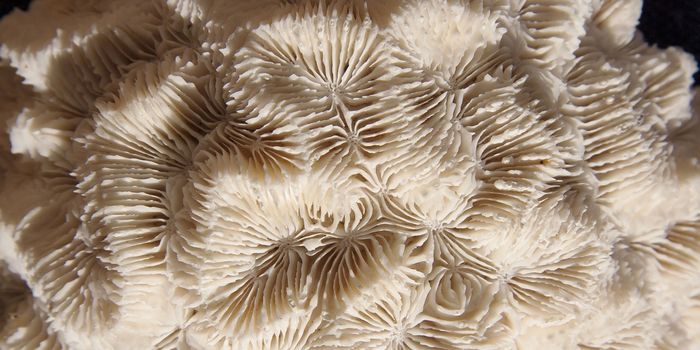Engineered Bacteria Can Recruit the Immune System to Fight Cancer
Bacteria can live in a lot of unusual places, even in tumors that are growing in the human body. Scientists have now taken advantage of these tumor-dwelling bacteria to turn them into cancer fighters that recruit the immune system to destroy cancerous tumors. The work has been reported in Science Advances.
It's been suggested that the low pH, necrotic nature of tumors creates a unique environment that can promote the growth of bacteria while preventing immune cells from eliminating that bacteria, explained senior study author Nicholas Arpaia, PhD, an assistant professor at Columbia University, among other appointments. Arpaia and colleagues have been creating a new approach to fight tumors by exploiting these microbes.
The researchers have taken a harmless strain of Escherichia coli bacterium and given it specific instructions on how to destroy tumors, with a synchronized lysis circuit. After these engineered E. coli reach a certain level inside of a tumor, the circuit is activated, which causes the majority of these bacteria to explode or lyse, releasing the contents of those microbes into the tumor. Previous work showed that these bacteria can be modified to include genes that encode for proteins that stop tumor growth, or that flag the tumor for destruction by immune cells.
In this work, the researchers opted to use these bacteria to deliver molecules called chemokines to the tumor. Chemokines are signaling proteins that recruit various types of immune cells and can trigger different responses. The investigators selected a mutant version of a human chemokine that can attract killer T cells. While some T cells are made to battle tumors, they can't always penetrate the tumor microenvironment, noted Arpaia.
The scientists boosted the anti-tumor action of this approach by adding another strain of bacteria that expresses a different chemokine that recruits dendritic cells.
"By coupling this with chemokines that drive the infiltration and activation of dendritic cells, a critical innate immune cell type, detection of tumor antigens is increased," Arpaia explained.
Dendritic cells consume tumor cells, and then display the tumor cell antigens on the surface of the dendritic cell, enabling T cells to identify tumors and respond to them more effectively.
The investigators tested this method in mouse models of cancer; they determined that when the engineered bacteria were injected directly into a tumor, they could induce a robust immune response. Distant tumors were also affected to a lesser degree. Intravenous delivery of the bacteria improved the immune response to tumor cells compared to untreated mice.
In this model, the bacteria remained in the tumor environment, only reaching a specific level to trigger lysis inside of the tumor, and bacteria was not detected in other healthy organs, added Arpaia.
More research will be needed to optimize this approach and to demonstrate that it works safely in humans. Arpaia and some colleagues are awaiting the results of a patent application and are part of a company called GenCirq, Inc. that is working on brining this treatment to the clinic.
Sources: Columbia University, Science Advances









